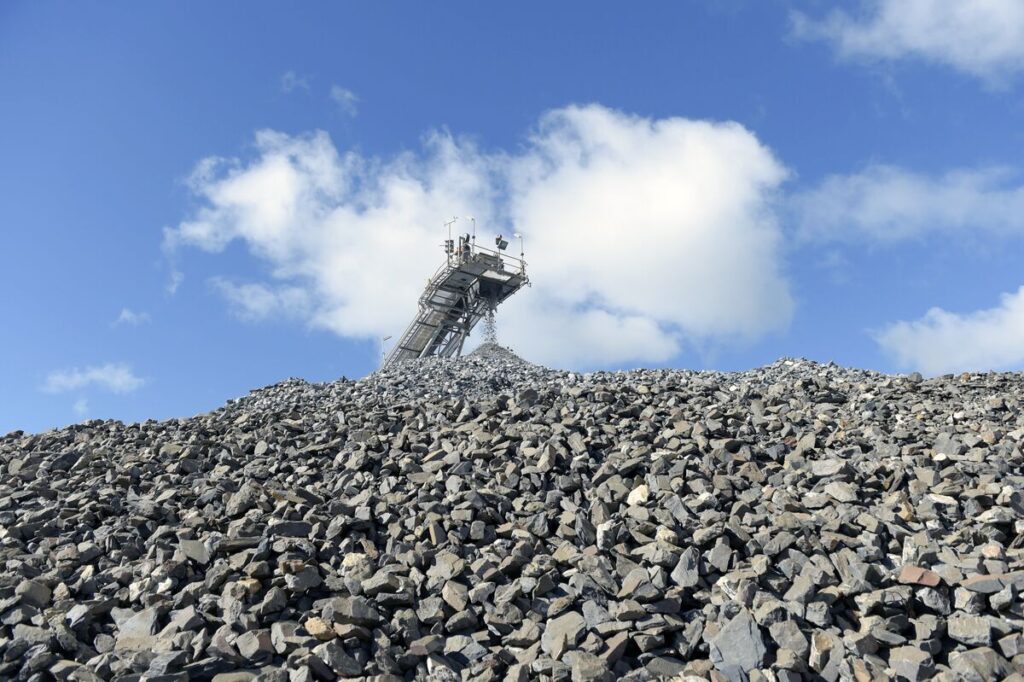
Australia’s Prime Minister, Anthony Albanese, is poised to present his country’s extensive resource reserves as a strategic alternative to China’s rare earths restrictions during a pivotal meeting with President Donald Trump. The meeting, scheduled for Monday in Washington, comes as the United States and other global powers race to diversify their supply chains for critical minerals.
Albanese is set to meet Trump at approximately 11 a.m., aiming to secure a bilateral agreement on the supply of these essential minerals. Additionally, the Australian leader is expected to seek reassurances regarding the US’s commitment to the AUKUS pact, which includes plans to supply Australia with nuclear submarines.
Background on Rare Earths and Global Supply Chains
Rare earth elements are crucial components in a wide array of modern technologies, from smartphones to advanced military equipment. China currently dominates the global supply chain, accounting for approximately 80% of the world’s production. This control has led to concerns among Western nations about the stability and security of their supply chains.
The ongoing trade tensions between the US and China have heightened these concerns, prompting nations like Australia to step forward as potential alternative suppliers. Australia’s rich deposits of rare earths position it as a key player in reshaping the global supply network.
Australia’s Strategic Role
Australia’s vast mineral resources are not limited to rare earths. The country is a leading exporter of several other critical minerals, including lithium and cobalt, which are essential for battery production and renewable energy technologies. By positioning itself as a reliable partner, Australia aims to strengthen its geopolitical ties with the US and other allies.
According to industry experts, Australia’s stable political environment and well-established mining sector make it an attractive option for countries looking to reduce their dependence on Chinese supplies.
“Australia offers a secure and sustainable alternative for critical minerals, which is increasingly important in today’s geopolitical climate,” said Dr. Emily Thompson, a leading expert in mineral economics.
Implications of the AUKUS Pact
The AUKUS pact, announced in 2021, represents a significant shift in defense and security cooperation between Australia, the UK, and the US. Under this agreement, the US is expected to assist Australia in acquiring nuclear-powered submarines, enhancing the country’s defense capabilities in the Indo-Pacific region.
Albanese’s discussions with Trump are likely to touch upon the progress and future commitments under this pact. The successful implementation of AUKUS could further solidify Australia’s role as a key strategic partner in the region.
Looking Ahead
The outcome of the meeting between Albanese and Trump could have significant implications for global supply chains and geopolitical alliances. A successful agreement on critical minerals would not only bolster Australia’s economy but also enhance its standing on the international stage.
As nations continue to navigate the complexities of global trade and security, Australia’s proactive approach in seeking partnerships and diversifying supply chains may serve as a model for others. The world will be watching closely to see how these discussions unfold and what they mean for the future of international relations.







